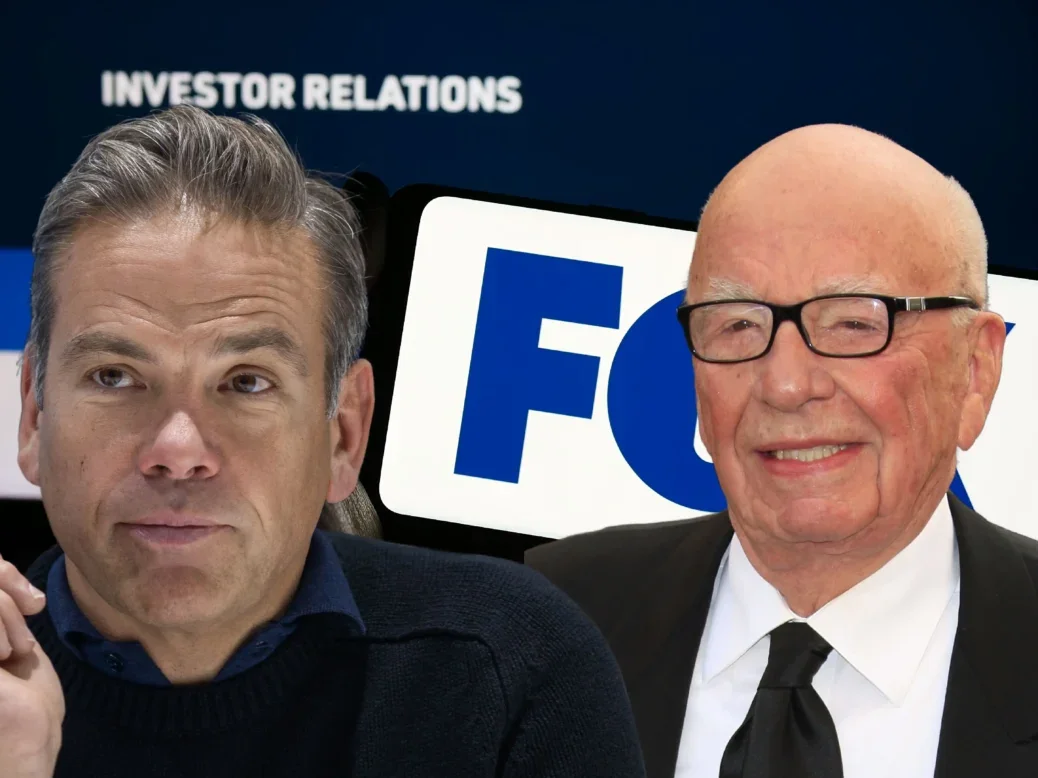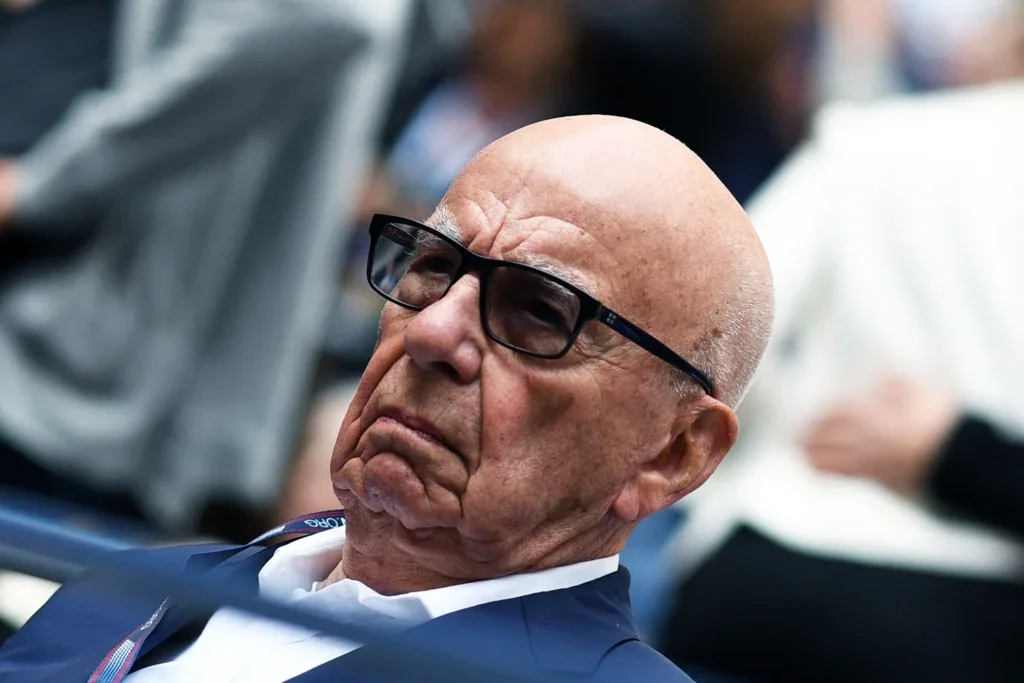
The fight for control of the Murdoch empire is to be played out behind closed doors in a Nevada court as the apparent growing discord over the media mogul’s succession plan triggered shareholder concerns over the risk of the family’s control over the business.
Rupert Murdoch is seeking to rewrite the structure of the Murdoch Family Trust through a Nevada probate court to give all voting power to his oldest son, Lachlan. The trust is currently managed by Murdoch and his four adult children: if successful, his three other children, Prudence, James and Elisabeth would lose their voting power.
The trial was due to have a status conference on 9 September and will be followed by a series of evidentiary hearings from 16 September.
The brewing family fallout has raised concerns among shareholders, who have argued family dynamics threaten the company’s stability and future strategy.
[See also: Why female heirs still miss out in succession planning]
‘Complicated family dynamics’
Significant shareholder hedge fund Starboard Value urged the end of the dual-class share structure that grants the Murdoch family disproportionate control of the Murdoch Family Trust.
This setup gives Murdoch significant influence over the company, despite holding a relatively small percentage of shares. Typically, minority shareholders have veto rights on critical company decisions, but the ability to exercise 41 per cent of voting rights creates a concentration of power that can override the interests of other shareholders. Starboard Value argued the Murdoch family’s super-voting shares, enabled by the dual-class share structure, undermined effective governance and amplified this risk.
[See also: ‘My father’s succession planning took two decades – now I help other wealthy families’]
In a letter to the company’s shareholders, founder of Starboard Value Jeffrey C. Smith, pointed to the rumours of the growing rift over the control of the Murdoch Family Trust, which holds ownership in News Corp, the parent company of dozens of influential media companies including the Wall Street Journal, the Times of London and The New York Post.
‘The transition of power from Rupert Murdoch to his children has allowed for complicated family dynamics to potentially impact the stability and strategic direction of News Corp’, Smith wrote.
He said the disagreements between Lachlan and his siblings over the company’s future, particularly over political leanings and divergent views on the future direction of both News Corp and Fox Corporation, may be a risk to shareholders and threaten the future direction of the Murdoch empire.

Shareholders v the family
Vincent Billings, Corporate Partner at SA Law, told Spear’s Starboard were right to question the implications of such an imbalance for corporate governance and shareholder rights, especially if there were internal disputes.
‘Starboard will be very concerned with the disparity between the actual Murdoch shareholding stake of 14 per cent set against voting rights equating to 41 per cent. A minority shareholder must be in a very good bargaining position in order to negotiate 41 per cent voting rights against a 14 per cent stake. Minority shareholders usually only have veto rights for significant decisions of the company,’ he said.
Kiran Beeharry, Family Partner at SA Law adds: ‘Where there is a family rift, the parties may not agree on the direction that a business is to take, the allocation of salaries and dividends as these matters become emotive for the family shareholders. Matters can become more complicated if one party is involved in a divorce such that their shareholding has to be valued and the liquidity of shares being sold or bought back by the company.’
[See also: Succession at the House of Arnault: who will wear the crown?]
‘Starboard will want to be in control of the voting rights so that any internal Murdoch family disputes do not impact on the corporate decisions and revenues of the company. A family feud over the voting rights could paralyse the company as this will distract the management team from growing the business and increasing revenues,’ Beeharry says.
Family dynamics, especially in businesses like the Murdoch-controlled empire, can have a significant impact on decision-making, Beeharry and Billings agree.
Billings says: ‘There can be a power struggle in respect of the corporate decision making which can impact the entire business such as the direction that the company is going to take, borrowing and remuneration due to the emotional nature of the dispute rather than decision-making based on sound business principles.’
What’s at stake for the family and the company?
The consequences of family feuds extend beyond internal governance. Beeharry warns that a feud could impact on the overall share values of the company due to management being distracted by the dispute and the owners at loggerheads.’
Regulatory bodies like Ofcom and the Competition and Markets Authority could also raise concerns if power becomes overly consolidated within the family. This could lead to increased scrutiny and even intervention from regulators, further complicating the business’s operations.
Rupert Murdoch stepped down as chairman of News Corp and Fox Corp in September last year, assuming the title of chairman emeritus. Lachlan Murdoch took over as CEO of ‘new Fox’ following the $71 billion sale of most of 21st Century Fox’s assets to Disney in 2019, while also serving as chairman of News Corp, which owns HarperCollins and other publishing assets.
[See also: Worried about children-in-law inheriting your wealth? This is how to avoid it]
Lachlan is considered to be more politically aligned with his father’s political views. His brother James, who recently endorsed Kamala Harris’s presidential bid, led 21st Century Fox from 2015 until its sale, and has since founded his investment firm, Lupa Systems.
News Corp have rejected the hedge fund’s proposal and defended the dual-class share structure. In its response, the company said: ‘The Board believes that the Company’s dual-class capital structure promotes stability and has facilitated the successful implementation of News Corp’s transformational strategy and long-term outperformance for all News Corp stockholders.”
The outcome of this shareholder challenge could have significant implications for the future governance of one of the world’s most influential media companies.






